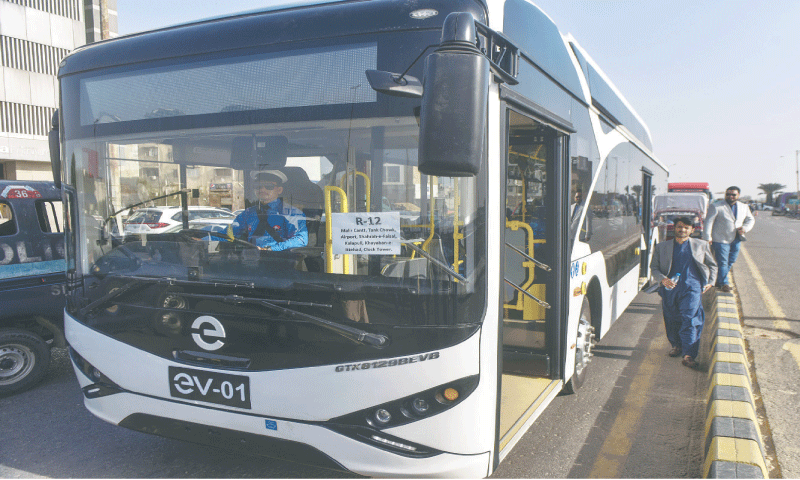Education, the globally accepted lifeline of a nation and the only leverage that can elevate a nation to the high pedestal of social, economic, political, and moral excellence, has been neglected by the ruling class and the departments concerned since the time of independence.
The lack of political will and little social and economic recognition of the academic staff has hardly fascinated the promising and educated youth to join educational institutions as educators to steer the ship of the nation towards progress and prosperity.
The scenario we witness today, in public and private educational institutions, is the ultimate result of hit and trial approach with little consideration for the global challenges, leading to ever new distressing shocks for the sector.
Speaking at a ceremony in September this year, Prime Minister Shehbaz Sharif announced an education emergency with a vision to bring 26 million out-of-school children back to school. Indeed, it was an announcement from the highest administrative office and needs to be applauded as it is never too late. However, the decades-long non-serious attitude of the political offices and mishandling by the concerned may obstruct this initiative.
The provincial governments, compelled by multiple factors, including social awareness and the private ‘edubiz supremacy’, have started different projects. These include the Sindh Basic Education Programme started in 2022, the Public Schools Reorganisation Programme (PSRP) Phase-I & II in Punjab; and the Balochistan Education Sector Plan (BESP) 2020-2025. However, these projects reflect hardly any pursuance for the education emergency announced by the highest political office.
A slightly different scenario is witnessed in the federal capital, especially in the educational institutions under the Ministry of Federal Education and Professional Training and administrative control of the Federal Directorate of Education (FDE).
Secretary Mohyuddin Ahmed Wani is perhaps the first highest office bearer and controlling authority trying to address the long-standing issues of schools and colleges in Islamabad. He personally visits educational institutions and meets principals and educators to gain exposure to the situation. However, these seemingly sincere efforts need to be channelised and protected with lasting steps so that their continuity may be ensured.
The announcement of the education emergency, just like many other political slogans raised in the past regimes, is feared that it will not materialise in letter and spirit. Even if the federal and provincial governments achieve the goal of bringing 26 million children back to school, quality education will remain a dream since schools currently are hardly more than assembling centres for rudimentary learning. Moreover, the provision of updated quality education, in this scenario, is a gigantic task, which hardly falls under the targets of the policymakers and the administrative machinery.
But equally important is the question, “Can we ensure sovereignty and economic independence of the dear homeland without achieving excellence in science, IT, technology and other fascinated?”
The answer is in the negative, which is not only alarming but also a matter of concern, especially when 65 per cent of the present population is youth below 30 years of age. Thus, to ensure a promising future for the youth of the nation, we need to follow, more than exactly, the footsteps of the advanced nations which once declared an education emergency, implemented it in true letter and spirit and now they are enjoying its fruits.
The prevailing anxiety aggravates in light of the global progress and a disregard for the education vision of the Founder of the Nation, Quaid-i-Azam. He said, “We must earnestly bring our education policy and programme on the lines suited to the genius of our people, consonant with our history and culture, with regard to the modern conditions and vast developments that have taken place all over the world.”
In the presence of such a clear and vibrant vision and guidelines by the Quaid, the apathetic treatment toward education by the governments and the governmental machinery is disgraceful. It is, therefore, earnestly needed that the long-awaited initiative from the Prime Minister’s Office be taken up as the last ship sailing to the harbour of lasting progress and prosperity of the nation.— The writer is a retired associate professor
Published in Dawn, December 29th, 2024














































Dear visitor, the comments section is undergoing an overhaul and will return soon.